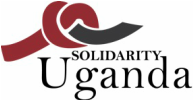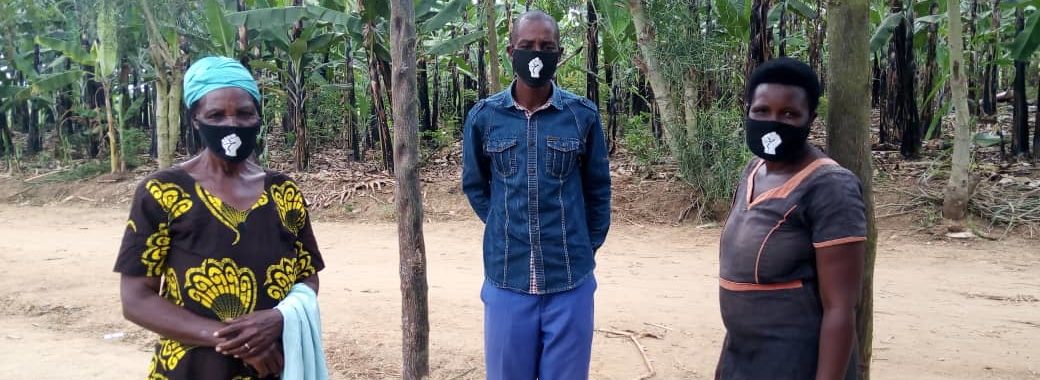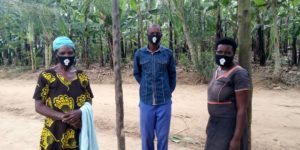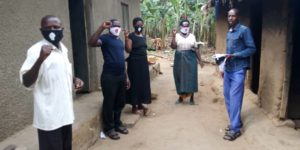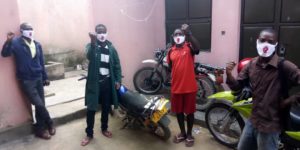As COVID19 cases increase in Uganda, the government has made it is mandatory to wear protective masks in public spaces.
With numerous people pushed out of jobs because of the government imposed lockdown, the majority cannot afford catering for their daily basic needs and in addition, acquire masks. It is against this that Solidarity Uganda through our solidarity chapters from across the country has initiated the making and distribution of free masks. We have been able to locally make masks with the symbolic fist of resistance as a representation of our unified struggle.
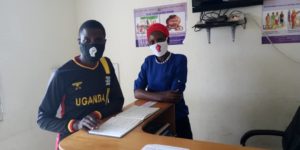 With the inadequate and poorly developed health system in the country, many communities cannot envisage being trapped in hospitals during these times that it has even been more stretched. Different communities are therefore working towards shielding themselves from the spread of Covid19 in all ways they can. Unfortunately, there has been an increasing number of imported cases from truck drivers as reported by the Ministry of Health and these cases are spreading to some border district communities which is very scary for grassroots communities that have very limited resources to protect themselves. Having free masks distributed to them is thus very liberating at such times.
With the inadequate and poorly developed health system in the country, many communities cannot envisage being trapped in hospitals during these times that it has even been more stretched. Different communities are therefore working towards shielding themselves from the spread of Covid19 in all ways they can. Unfortunately, there has been an increasing number of imported cases from truck drivers as reported by the Ministry of Health and these cases are spreading to some border district communities which is very scary for grassroots communities that have very limited resources to protect themselves. Having free masks distributed to them is thus very liberating at such times.
As the community organisers distribute the masks, they educate the communities on the proper use of the masks and also emphasise the importance of following the COVID19 preventive directives and why protecting each other during these difficult times is vital. Uganda currently has 317 cases registered and 69 recoveries with no COVID19 death reported so far.
